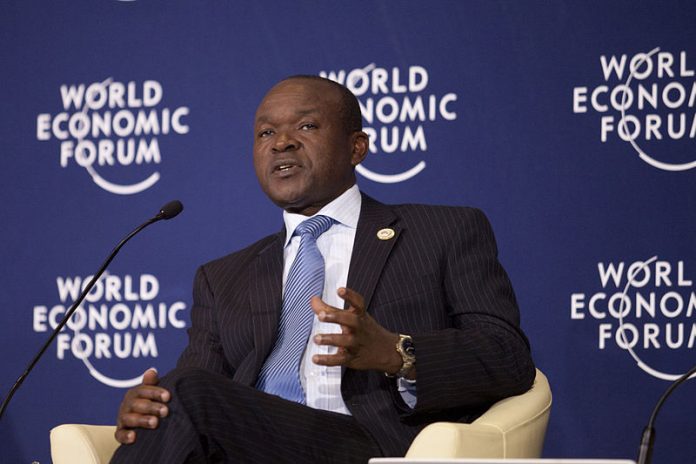A landmark report assessing human capital development around the world, including in 26 African countries, is making the rounds at the World Economic Forum in Davos, Switzerland.
The report, “Talent Rising: Leveraging The Human Capital Report To Accelerate Business Performance,” is a collaboration between the WEF and Mercer LLC, a subsidiary of Marsh & McLennan Companies. Aimed at helping policymakers and company executives better prepare their people for the demands of global competition, it identifies the countries that are best positioned to contribute to effective workforce development, growth potential, and economic success.
The report includes the first Human Capital Index, a ranking of 122 countries based on contributors and inhibitors to “the four pillars that underpin talent development and deployment”: Education, health and wellness, workforce and employment, and enabling environment. The 122 countries collectively represent 90 percent of the world’s population, and are grouped according to regional and income classifications.
“The Human Capital Index is a tool for understanding where countries stand today so that government and business can engage in workforce planning for the future,” says Saadi Zahidi, senior director and head of the human capital project at the World Economic Forum.
The discourse on human capital development is expanding, a recognition that the talent, skills and capability of people—human capital—rather than physical or financial capital, determine the long-term success of a country or institution. In an intensely competitive global marketplace, employers need to make country-specific decisions about their talent investments that will impact business growth and long-term success, notes Pat Milligan, region president at Mercer and a member of the World Economic Forum’s Global Agenda Council on Education and Skills.
It’s an especially critical conversation for Africa, where concerns about inclusive growth loom large. The topic will take center stage at Harvard Business School’s 2014 Africa Business Conference at the end of February. Organizers of the conference say African economies will shift to higher-value activities only by leveraging their young populations and active Diaspora to develop strong, globally competitive labor pools.
Eleven of the 14 low-income countries included in the WEF-Mercer Human Capital Index are in Sub-Saharan Africa, but the report gives some countries in the same region surprisingly high HCI scores because of their rankings on the Workforce and Employment pillar. Kenya, for example, outranks eight upper-middle income countries and 20, or 68 percent, of lower-middle income countries, and Malawi, Tanzania, Madagascar and Uganda outrank eight, or 27 percent, of lower-middle income countries.
At 47, Mauritius ranks the highest of the 26 African countries in the index, placing 50th in education, 45th in health and wellness, 64th in workforce and employment, and 48th in enabling environment. It is followed by Tunisia, ranking 67th overall; Botswana, 79th; Kenya, 81st; and Morocco, 82nd, rounding out the top-five African performers.
Of particular note, oil-rich Nigeria, Africa’s most populous country with 155 million people, and poised to overtake South Africa as the continent’s largest economy, ranks 114th. South Africa ranks 86th overall, putting it in sixth place among the African countries in the index.
The remaining Africa countries in the index are Ghana, 87th; Namibia, 97th; Senegal, 102nd; Malawi, 103rd; Tanzania, 104th; Madagascar, 105th; Uganda, 106th; Cameroon, 107th; Lesotho, 108th; Cote d’Ivoire, 109th; Egypt, 111th; Benin, 113th; 115 Algeria, 115th; Ethiopia, 116th; Mozambique, 117th; Mali, 118th; Burkina Faso, 119th; Guinea (Conakry), 120th; and Mauritania, 121st.













